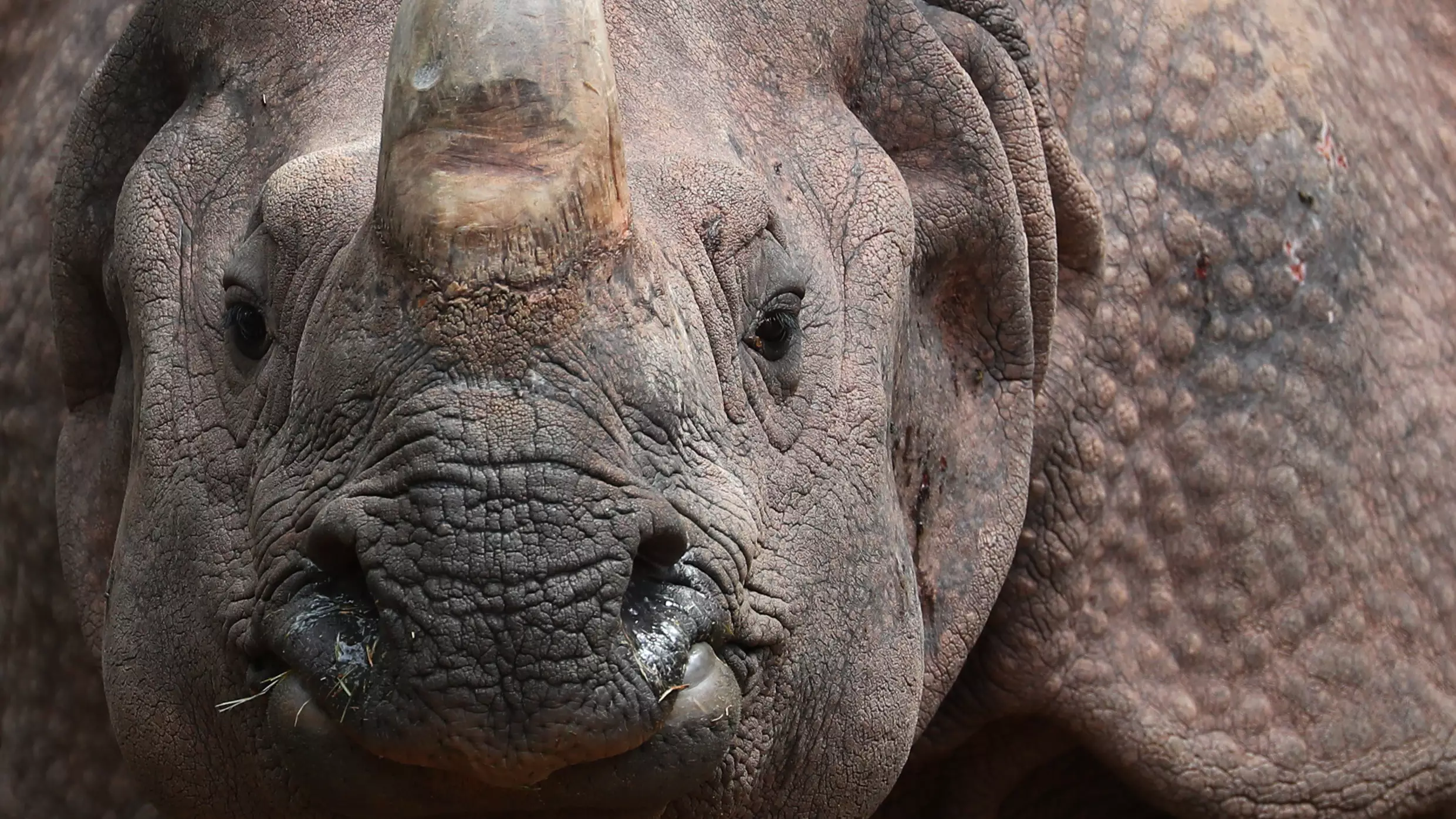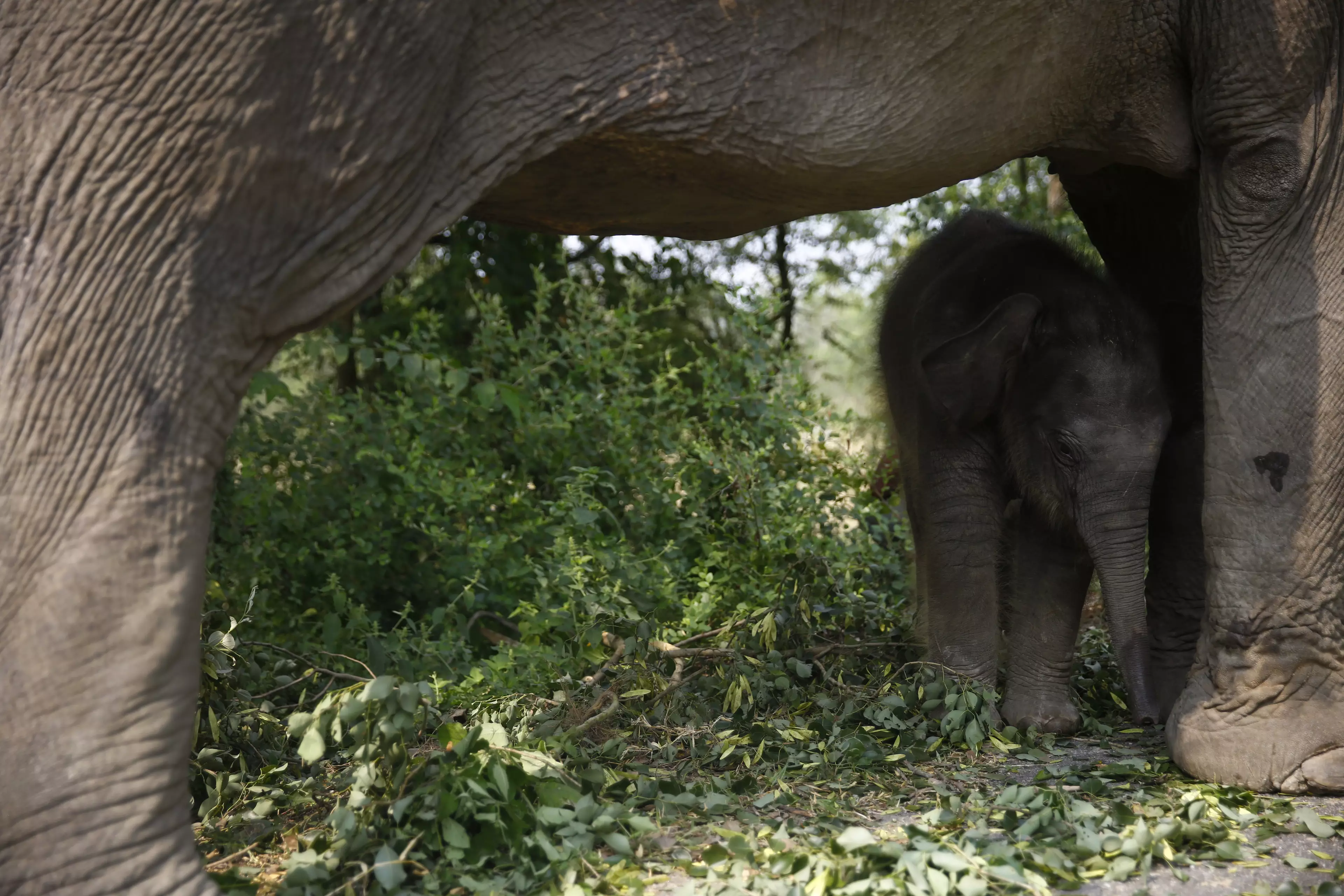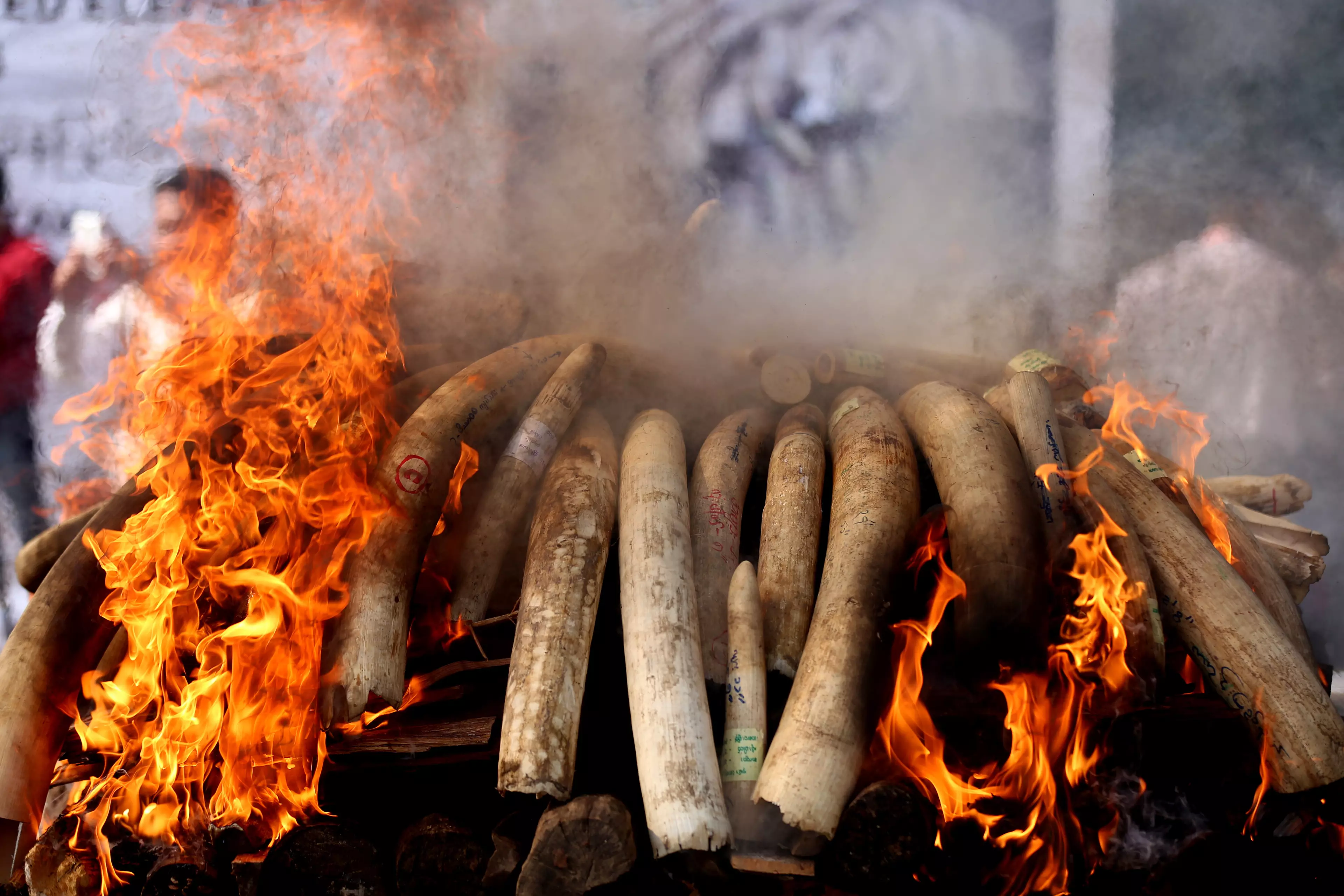
Humans have wiped out 60 percent of animals between 1970 and 2014, a new report has found.
The shocking statistics from conservation group WWF claims 'exploding human consumption' has resulted in the loss of mammals, fish, birds and reptiles. The loss of animals is up from 52 percent just four years ago.
Executive director of science and conservation Mike Barrett told the Guardian: "We are sleepwalking towards the edge of a cliff.

"If there was a 60 percent decline in the human population, that would be equivalent to emptying North America, South America, Africa, Europe, China and Oceania. That is the scale of what we have done.
Advert
"This is far more than just being about losing the wonders of nature, desperately sad though that is, this is actually now jeopardising the future of people. Nature is not a 'nice to have' - it is our life-support system."
The WWF's Living Planet Report, which is published every two years, claims that just one quarter of the world's land is now unaffected by human activity and is urging global policy makers to introduce new sustainability targets before it's too late.

The report says: "Decision makers at every level need to make the right political, financial and consumer choices to achieve the vision that humanity and nature thrive in harmony on our only planet."
Advert
According to the report, the destruction of animals' natural habitats is the biggest cause of wildlife losses, followed by killing for food, with around 300 species of mammal being 'eaten into extinction', while fish are being 'over-fished'.
Poaching is also a major cause of mass animal deaths, with figures from the charity finding that between 2009 and 2014 the population of African elephants in Tanzania dropped by 60 percent due to poaching.
Experts have warned that rhinos could be extinct in as little as 15 years, largely due to the number being poached. Last year in South Africa, a total of 1,028 rhinos were killed - almost three a day.
Advert
The report continues: "Earth is losing biodiversity at a rate seen only during mass extinctions."
Extinct: A race against time to save our endangered species. Read more from our campaign here
Featured Image Credit: PATopics: Extinct, World News, Animals